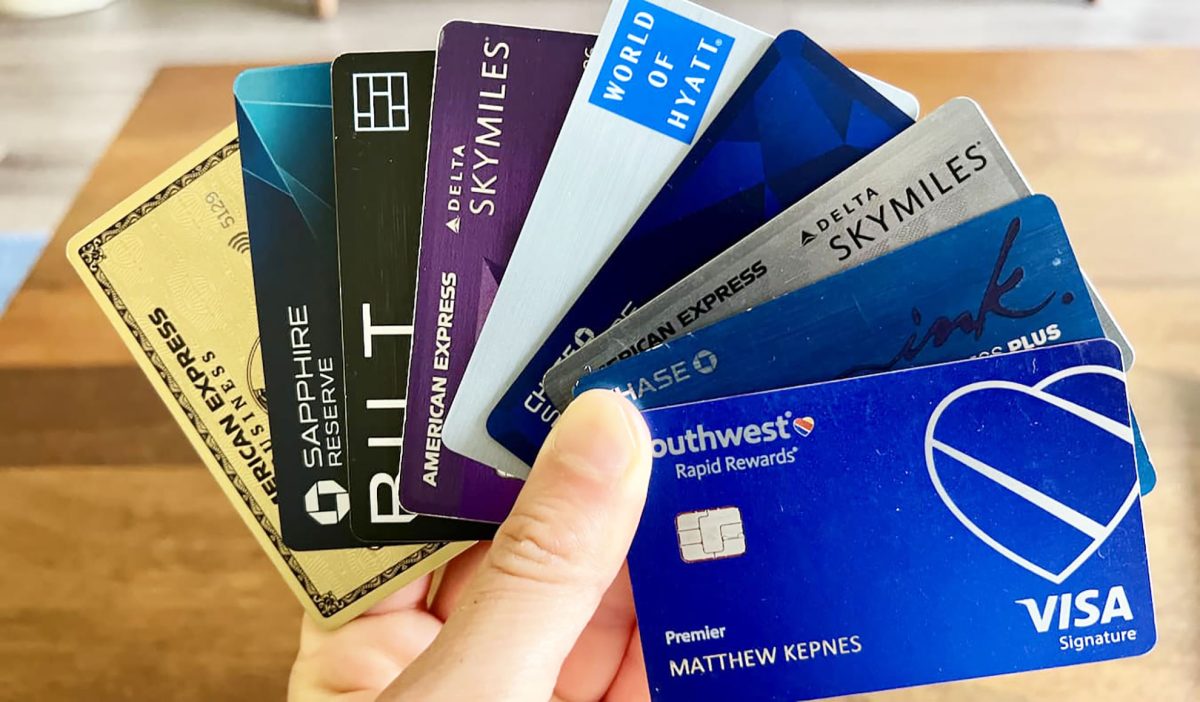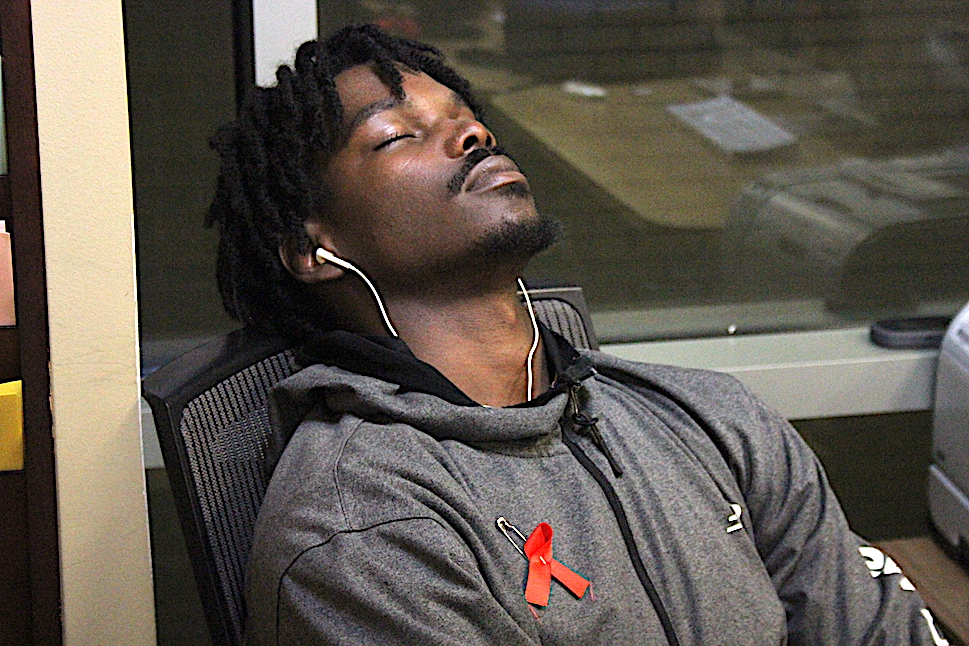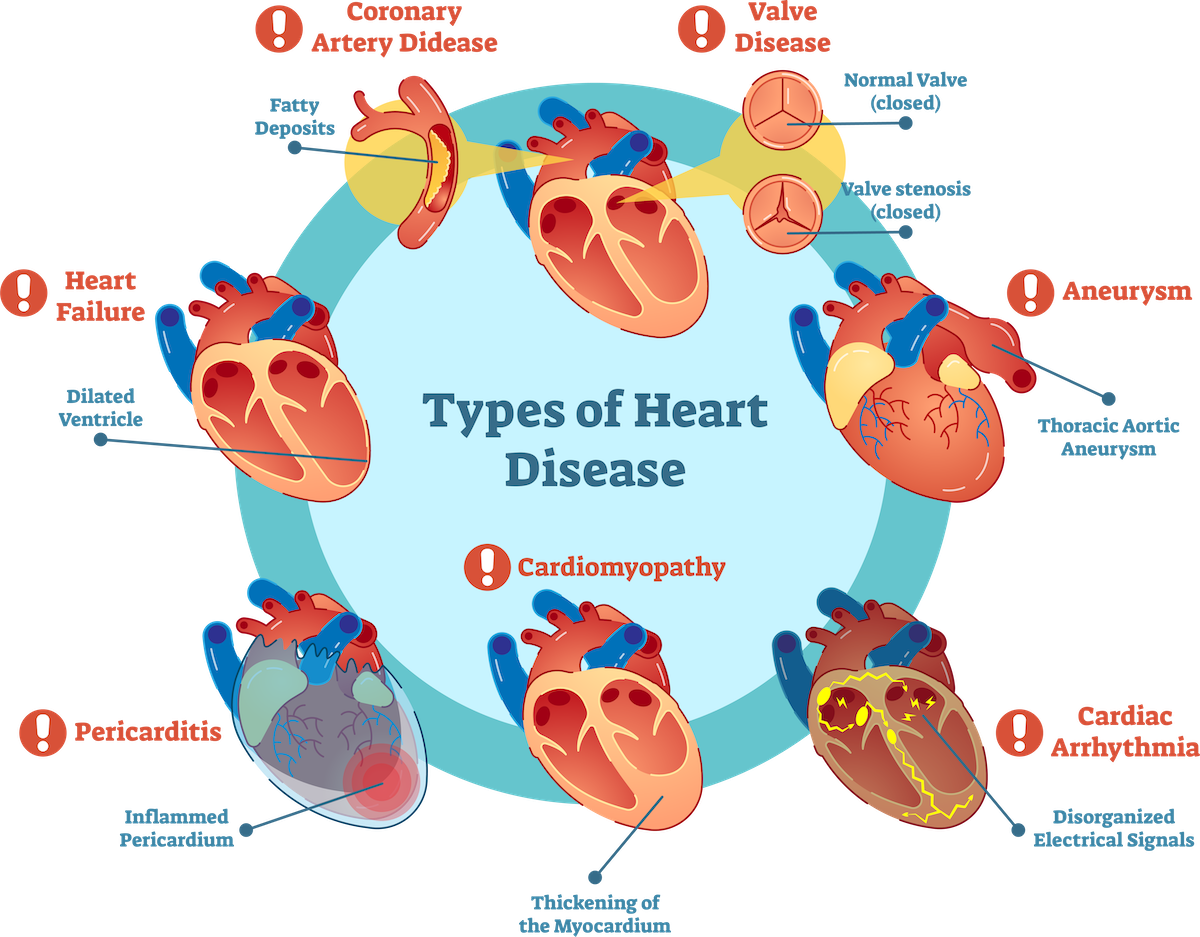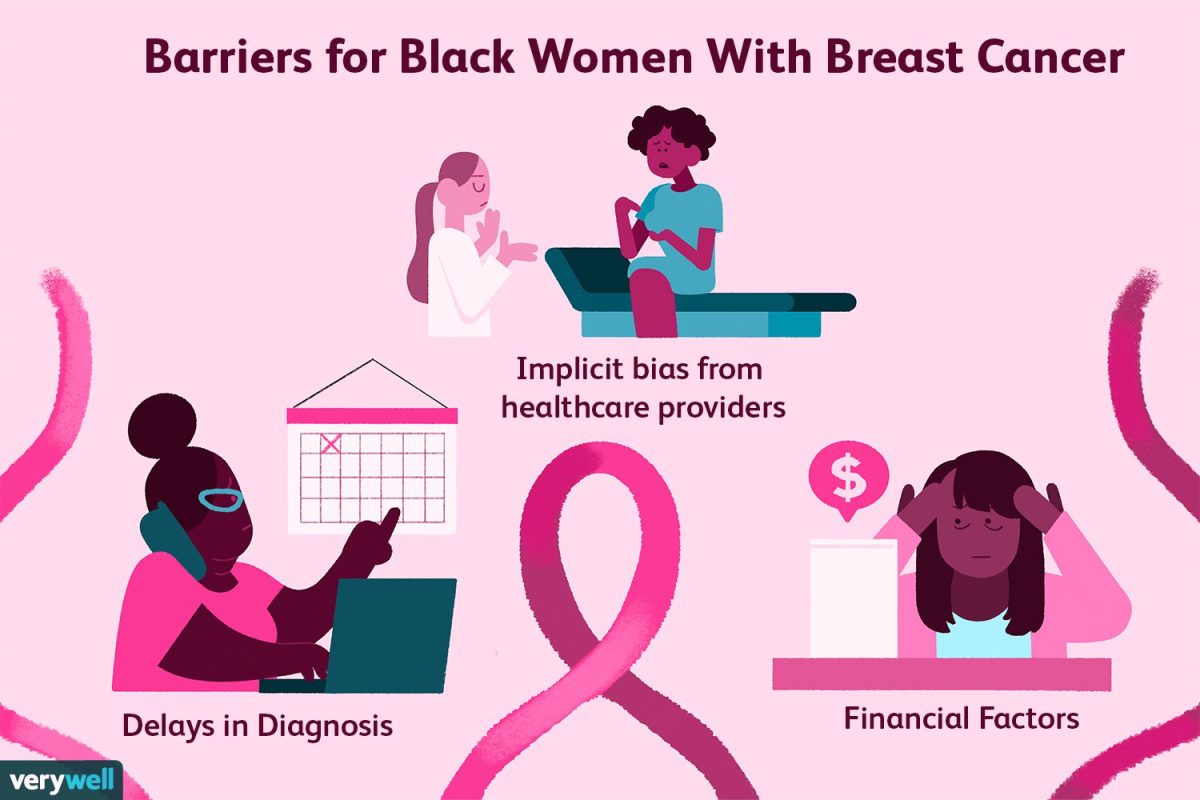In the bustling world of college campuses, where independence and newfound responsibilities intertwine, the allure of credit cards can be enticing yet perilous. While credit cards offer convenience and financial flexibility, their misuse can lead to a downward spiral of debt accumulation and financial distress, particularly for college students. This article explores the dangers of credit card usage in college and offers strategies to mitigate these risks.
For many college students, managing finances independently is a novel experience. Without proper guidance or education on responsible financial practices, students may be ill-equipped to handle the complexities of credit card usage. Lacking understanding of interest rates, minimum payments and the implications of carrying balances, they may fall prey to overspending and accumulating debt. “The dangers of using a credit card in college is losing it and someone spending reckless money on it, or not paying the money you spent because you’re in college,” said Chancellor Allen, a freshman majoring in rehabilitation services.
The accessibility and ease of credit card transactions can foster impulsive spending habits among college students. With the swipe of a card, students can indulge in discretionary purchases without fully comprehending the long-term consequences. From late-night food deliveries to online shopping sprees, impulsive spending can quickly escalate, leading to mounting debt burdens.
Credit cards often come with high-interest rates, especially for individuals with limited credit history. College students, deemed high-risk borrowers by credit card issuers, may find themselves saddled with exorbitant interest charges on unpaid balances. Without the means to promptly repay these debts, students may face a cycle of debt accumulation, further exacerbating their financial woes.
The accumulation of credit card debt can trap college students in a precarious financial situation. As debt mounts, students may find themselves struggling to meet minimum payments, leading to late fees and penalties. Moreover, carrying high levels of debt can adversely impact credit scores, hindering future financial opportunities such as obtaining loans or securing housing post-graduation. “The credit card owner can be maxing out the card and not having a steady income to pay the balance back. Also, there can be fraud that could harm your credit in the future,” said Ashima Kelly, a freshman majoring in psychology.
The burden of credit card debt can exact a toll on students’ mental well-being. Constant worry about financial obligations can contribute to heightened stress, anxiety and even depression. Balancing academic demands with financial pressures can create a toxic cycle of stress, impacting students’ overall academic performance and personal well-being.
Despite the inherent dangers, credit cards can be utilized responsibly by college students with proper guidance and discipline. Financial literacy education programs should be integrated into college curricula to equip students with the necessary knowledge and skills to manage credit responsibly. Additionally, establishing a budget, tracking expenses and limiting credit card usage to essential purchases can help students avoid overspending and accumulating debt.
Furthermore, students should prioritize paying off credit card balances in full each month to avoid accruing interest charges. Setting up automatic payments or reminders can help ensure timely payments and prevent missed deadlines. Additionally, regularly monitoring credit card statements and credit reports can help students identify any unauthorized charges or discrepancies promptly.
While credit cards offer convenience and financial flexibility, their misuse can lead to dire consequences for college students. From impulsive spending to mounting debt burdens, the dangers of credit card usage in college are manifold. By prioritizing financial literacy and adopting responsible spending habits, students can navigate the pitfalls of credit card usage and safeguard their financial well-being in the journey through higher education.



















